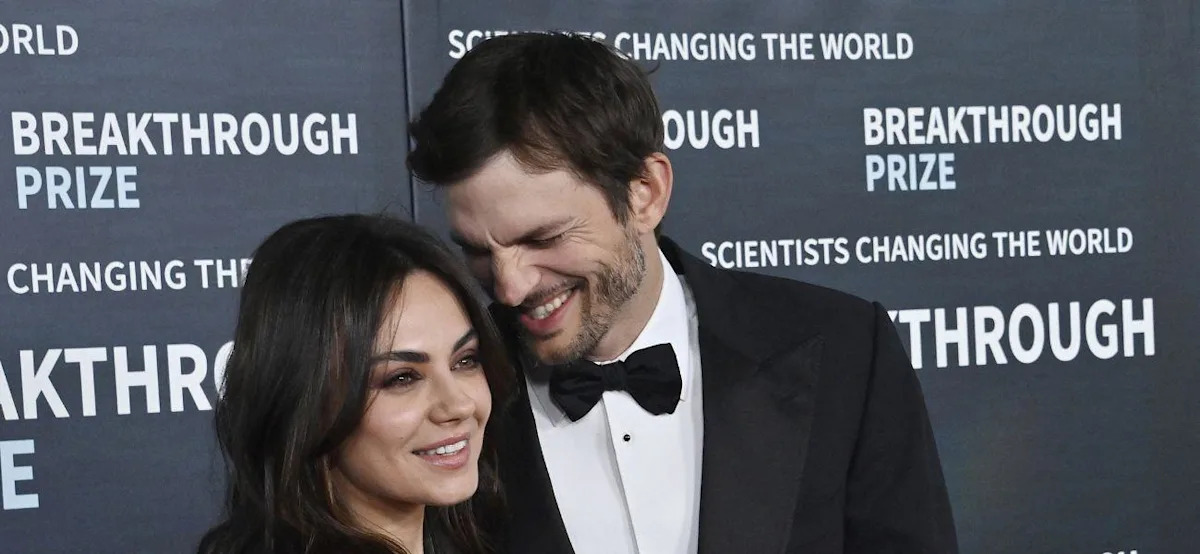After 41 consecutive drawings without a winner, the second-largest lottery jackpot in U.S. history was claimed Saturday, with winning tickets for the estimated $1.8 billion Powerball prize sold in Missouri and Texas. The three-month streak of rollovers finally ended when the numbers 11, 23, 44, 61, 62, and the Powerball 17 were drawn.
The massive jackpot was not the only significant prize awarded. Two tickets, sold in Kansas and Texas, matched all five white balls and included the Power Play option, securing a $2 million payout for each winner. Additionally, 18 tickets won the $1 million Match 5 prize by matching the five white balls. These million-dollar tickets were sold across 13 states: California, Colorado, Florida, Illinois, Kansas, Massachusetts, Michigan, New Jersey, New York, Ohio, Oregon, Texas, and West Virginia.
The steep odds of 1 in 292.2 million are designed to create large, escalating jackpots. While the estimated $1.8 billion prize is based on an annuity paid over 29 years, winners typically select the cash option, which for this drawing was an estimated $826.4 million. Powerball tickets are sold for $2 in 45 states, Washington, D.C., Puerto Rico, and the U.S. Virgin Islands.
For the new winners, a major decision looms regarding public disclosure, a long-standing tradition in American lotteries. Historically, announcing winners was essential for maintaining public trust. Lotteries in the U.S. date back to the 1700s, serving as a way to raise government funds without taxes. According to Jonathan D. Cohen, author of “For a Dollar and a Dream: State Lotteries in Modern America,” early lotteries resembled public raffles where winners were announced to live audiences, and their emotional stories helped fuel the games’ popularity.
However, the advent of large, multi-state games like Powerball shifted the focus from personal stories to astronomical prize amounts, increasing winners’ desire for privacy. Today, state laws on anonymity vary. Nine states allow winners to remain completely anonymous, while ten others permit it for prizes above a certain threshold. In states without such protections, some winners claim their prize through private trusts to shield their identity.
The desire for anonymity is often driven by security concerns and the wish to maintain a normal life, as was the case for a Michigan couple who claimed an $842.4 million jackpot in 2024 through an attorney. Their team also vetted their social media profiles to prevent accidental disclosure.
Cautionary tales, such as that of Andrew “Jack” Whittaker Jr., who won $113.4 million in 2002 and later expressed regret after facing numerous personal and legal troubles, highlight the potential pitfalls of sudden wealth and fame. However, Cohen notes such instances are outliers and that most winners’ lives improve.
Lottery officials maintain an interest in transparency to prevent fraud and bolster public confidence. States have internal mechanisms to verify winners even if their names are not released publicly. In California, where disclosure is required, Edwin Castro, the winner of the record $2.04 billion jackpot in 2022, released a statement but avoided speaking with the media. Conversely, a Laotian immigrant and cancer survivor who won a $1.3 billion prize last year chose to embrace the publicity, holding a press conference to share his story.
Source link






